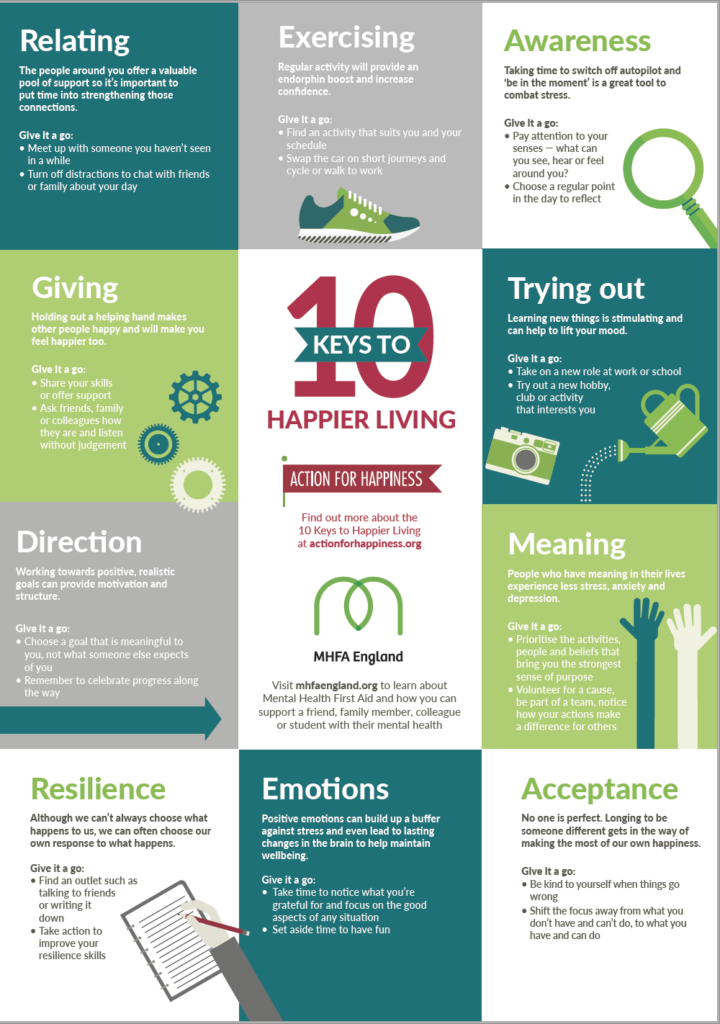University of Oxford
11a Mansfield Rd
OX1 3SZ
UK

The PhD journey is multicoloured – incredibly fulfilling at times, gruelling and lonely at others. As young researchers who have traversed this road, we wanted to share our stories of hope and struggle. We share our personal battles with mental health, and the tips and strategies we have found to help.
The lay of the land
A 2019 survey of 6,300 graduate students from around the world revealed that over one-third of us have sought help for anxiety or depression related to our PhDs. Early career job prospects in research and academia are often precarious, and we are increasingly judged by metrics such as publications, citations and funding. And there’s a murkier truth – one in five respondents reported being bullied while another one-fifth reported facing harassment or discrimination. We wanted to write this blog to share what we have learnt in our struggles with mental health. If you are struggling – know that you are not alone and that there is hope and healing ahead! We also hope this will help you to help friends or family who may be struggling.
Our personal stories
You can read Ale’s full story here
You can read Tim’s full story here.
Tips and strategies for those struggling
Struggling with mental health is extremely common and many of us may develop poor habits or thought patterns without realising their negative impact on our wellbeing. Recognising unhelpful behaviours (lack of sleep, ruminating on worrisome thoughts, being unable to disconnect from work) and acknowledging something may need to change are the first steps in turning the tide. If you do notice you are stuck in a routine that is not conducive to enjoyment, periods of proper relaxation and rest, and productivity, you can always find resources to help change things. Here are a few things that have helped us (note some are Oxford-specific but most are general):
Reach out for help: Talk to friends and/or family – others close to you may be having similar experiences. Check if your research group, department or office has a designated mental health focal point. Consider talking to your supervisors about your struggle. Make an appointment with the University’s Counselling Service – speaking to a professional can bring much relief. Also, most Oxford colleges will have a Welfare Coordinator that could help you find what you need.
Look after your health: Establish a regular sleep schedule. Introduce exercise into your routine indoors or outdoors (there are lots of free apps for exercising at home! Rest is crucial – set boundaries with your colleagues and supervisors – you don’t have to be available 24/7. Work at your own pace and take regular, proper breaks from work.
Talk to your Doctor/GP: They will be able to advise on both medication and counselling. Depending on your situation, taking medication may play an important role because it targets the biological cause of mental health disorders. With the support of medication, it is likely people will be more able to cope with daily stressors and establish healthier patterns.
Other tips: Limit time on social media! Look into starting new hobbies, or picking up old ones. Consider mindful exercises or apps like Calm and Headspace. Books some of us have found helpful: The Power of Now, Emotional Intelligence, Perfecting Ourselves to Death, The Science on Enlightenment: How Meditation Works, 10% Happier.
Annabel serves as a mental health focal point in our department and is more than happy to talk if you would like. She has compiled this helpful list of resources for student mental health (most of which apply beyond Oxford University).
A rewarding and satisfying journey
Despite the challenges, a PhD can be rewarding in a way that little else can. We have all experienced immense personal and professional growth through our PhDs, alongside the pain! Notably, 71% of the 6300 graduate students in the abovementioned survey said they were generally satisfied with their experience of research. It’s a bit of a cliche, but those things in life that are the hardest to attain are often the most satisfying.



